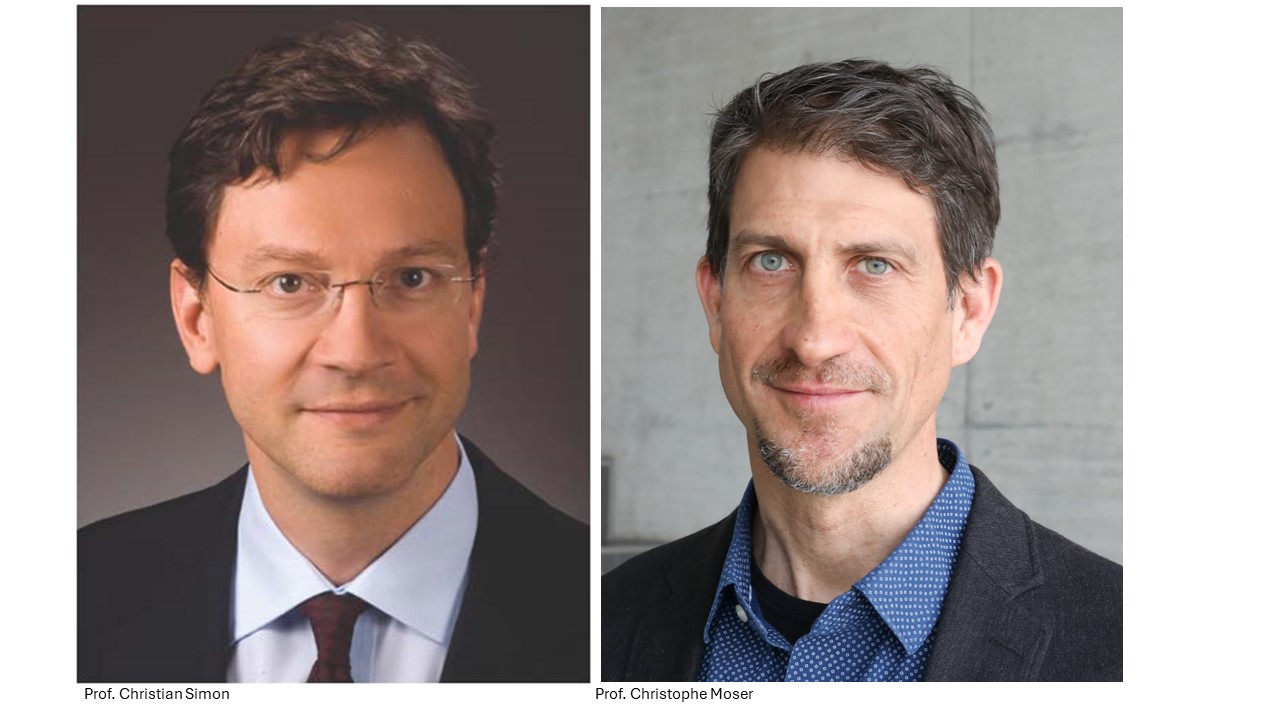Head and neck cancer surgery – Prof. Christian Simon (CHUV) and Prof. Christophe Moser (EPFL)
Development of an endoscope to better define tumor margins during surgery
Supported with the generous contribution of the LARDECO Foundation

Neck and head cancers (HNC) are lethal and mutilating. With over 150’000 new cases diagnosed each year in Europe alone and 370’000 deaths world-wide, these cancers have a significant impact on the human population. The main issue with HNC is that they have characteristic infiltrative growth, which means that the disease can escape eradication by local surgery and spread. This TANDEM project aims to improve the technology used to make HNC surgery more efficient.
For more than 50% of the HNC patients the first-line treatment is surgery. During those interventions it is essential that the surgical margin (the “border” between the tumor tissue and healthy tissue) is negative for cancer cells. This requires the excision of the cancer such that even on the microscopic level no tumor cells are left behind. Residual disease can lead to local reoccurrence and death of the patient.
The routinely used surgical techniques have limited resolution and surgeons often have poor visibility of the extension of the tumor, which leads to diseased cells around the edge not being detected. So, even though the surgery is deemed successful, in about 20% of the patients, it is not. Consequently, such patients must undergo further treatments such as chemical and radiation therapy which are aggressive and seriously impact the patient’s quality of life.
This collaboration between clinicians and engineers aims to use recently developed ultra-thin endoscopes – which are minimally invasive due to their small size (thin as a hair!) while still providing high resolution images –that will enable a more precise visualization of tumor cells in situ. Importantly, this technology will be implemented in real time during surgery to enable the surgeon to predict with much higher accuracy where the tumor tissue ends and the healthy tissue begins. Ultimately this will improve the reliability of diagnostics and the rate of success of HNC surgery for these cancer patients.

